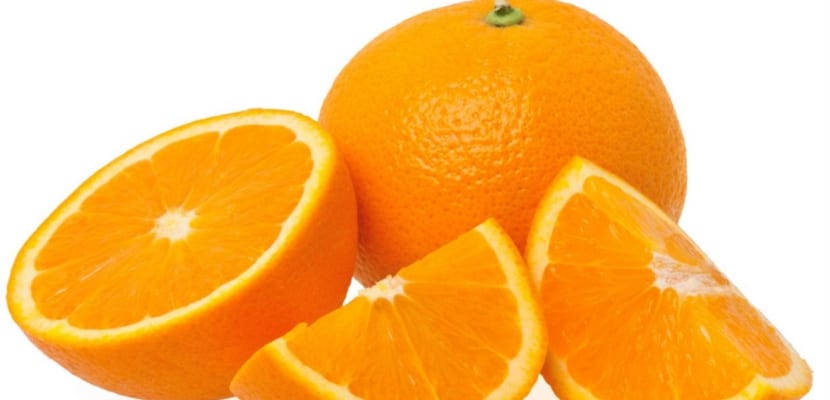
Winter fruits should be a fundamental part of the diet during the months of that season. Research shows that eating fresh and varied is one of the pillars of iron health.
Alternate the following fruits this winter for an incredible cocktail of nutrients that only this tasty food group is able to offer us in such high quantities.
Citrus
The spread of cold and flu viruses during the winter makes it necessary to strengthen our defenses. With its contribution of vitamin C, citrus fruits reach the markets to help us prepare the immune system for the attack of these viruses.
Orange, tangerine and grapefruit have different flavors, but all offer the possibility of adding vitamin C to the diet in the cold months. Breakfast is probably the best time of day to eat citrus. Accompanied by a healthy toast prepared with whole wheat bread, they are one of the best ways to start cold winter days.
Apple
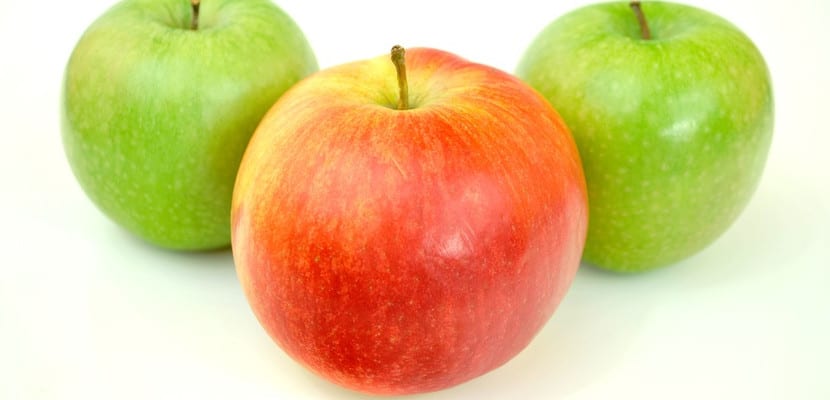
Due to the many varieties that exist, it is possible to find apples on the market practically all year round. Low in calories and rich in fiber, this fruit works great to satiate your appetite between main meals and keep you in line. During the winter you can get stomach flu with diarrhea, and grated apple clearly ranks as one of the best natural remedies thanks to its astringent effect.
Strawberry
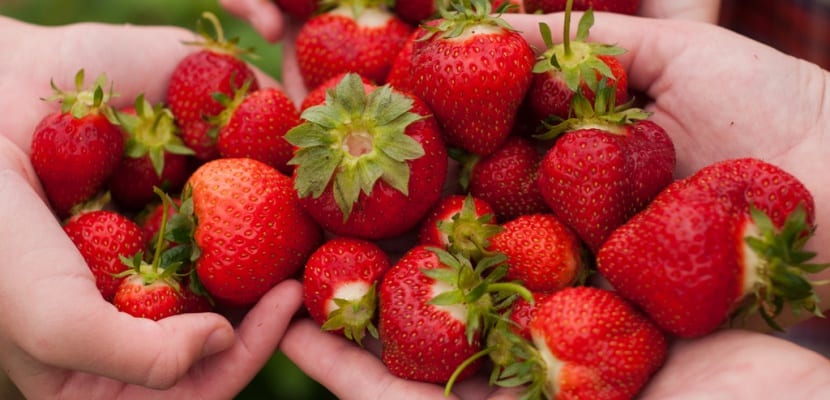
With especially high antioxidant levels, strawberry is another of the fruits (or rather, berries) that can be found in stores during the cold months. Ideal both to eat them alone and to accompany all kinds of recipes, strawberries also stand out for their contribution of fiber and minerals.
Custard apple
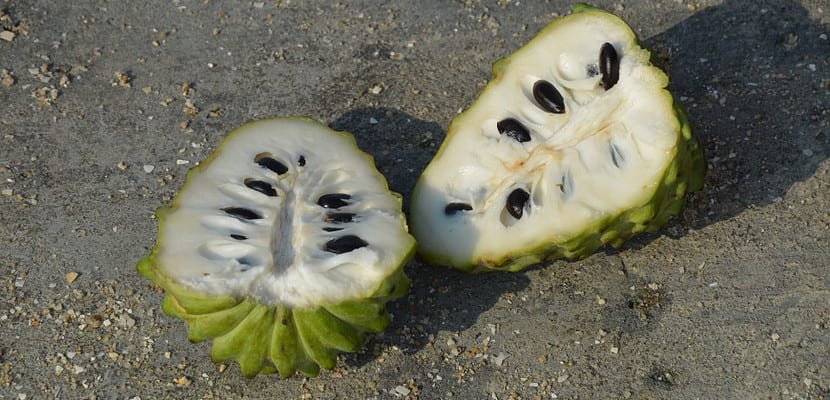
The sweet and creamy custard apple is high in fiber, vitamin A, vitamin B6, and vitamin C. It is also a good source of minerals such as calcium, iron, potassium, and magnesium. It should be noted that also provides enough calories, which is why it is a good idea to alternate its consumption with that of other fruits.
Cherimoya is a excellent ingredient for your smoothies and to replace dairy, as well as to eat alone for dessert. But you always have to be careful about your seeds. Of a shiny black color, they are considered toxic, so they are not suitable for consumption.
It is also necessary to choose very well when to eat it, since its flavor reaches its fullness when it is neither too green nor too dark. When touched, the skin should sag, but not too much.
Khaki
The cold months can affect your mood. Fortunately, there are fruits that offer a lot of energy, contributing to relieve fatigue and stress. And one of them, naturally, is persimmon.
Note that there are two types of persimmon: classic (soft persimmon) and Persimon (hard persimmon). The first is soft and delicate and is eaten with a spoon. Instead, Persimon is characterized by its firm flesh, a quality that makes it easier to market. They both represent a good dose of nutrients like vitamin C and potassium.
Grenada
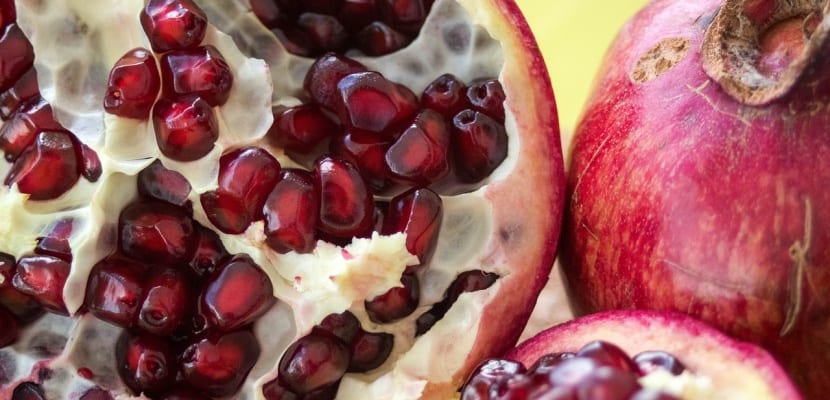
Its sweet taste and high nutritional level make the pomegranate one of the most interesting winter fruits. Under a thick skin it houses ruby-colored seeds that are rich in fiber, vitamins and minerals.
The pomegranate is considered a antioxidant, anti-inflammatory and anti-cancer fruit. It has also been associated with benefits for people with high blood pressure, arthritis, and cholesterol. Finally, its delicious seeds would also help improve memory, protect against infections, especially in the mouth, and increase efficiency in sports.
Kiwi

If you need to improve your intestinal regularityEating a kiwi in the morning is considered a highly effective strategy because it is a good source of fiber. It also provides a beneficial dose of antioxidants.
Like citrus, it contributes to the important task of strengthen the immune system during cold and flu season. This small fruit with green flesh is packed with nutrients such as vitamin C, vitamin K, vitamin E, potassium or folate.
Since some people may be allergic, If you have never eaten kiwi, it is a good idea to be careful. Symptoms include itchy throat, swollen tongue, vomiting, and hives.
Grapes
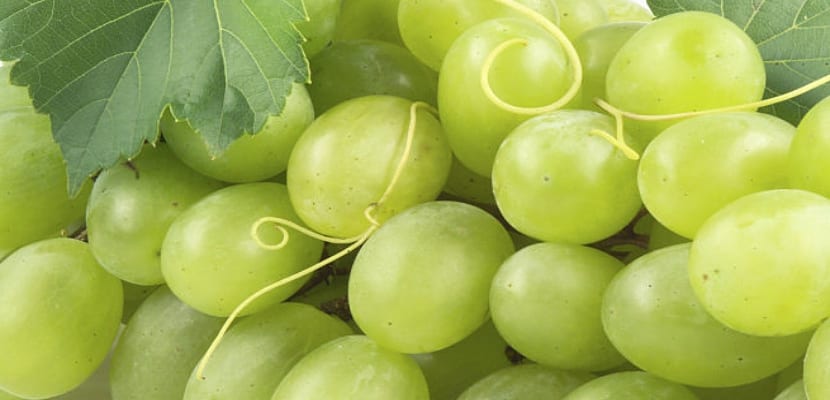
If we talk about winter fruits we cannot fail to mention the grape. Associated with numerous health benefits (diabetes, cancer, Alzheimer's ...), this fruit provides vitamin K, fiber and above all antioxidants.
At the time of eating them, portion control is necessary so your calories don't add up quickly and you increase your risk of gaining weight. Also consider washing them well to minimize your exposure to pesticides.
